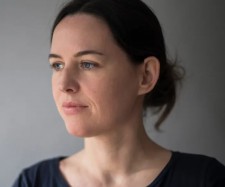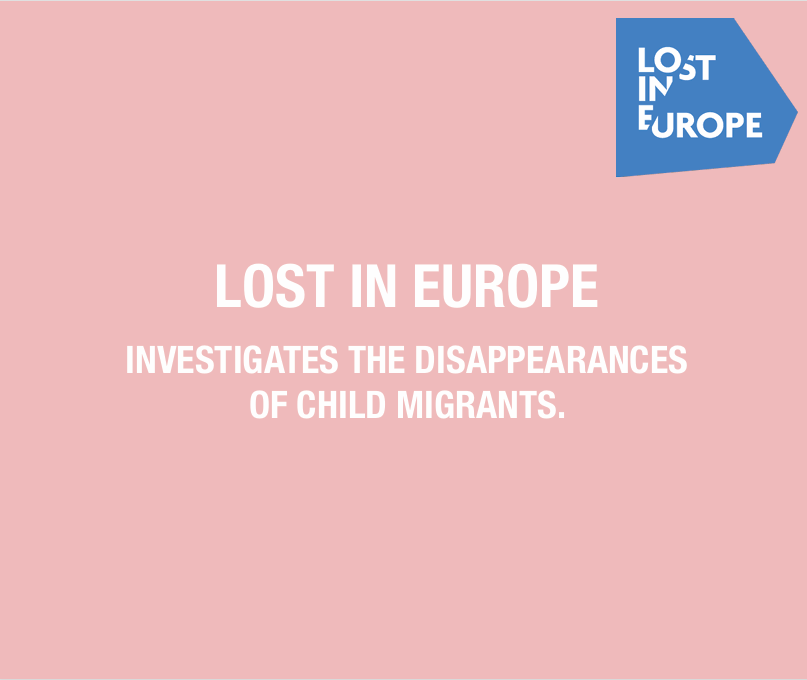Sunglasses, hats, sarongs, jewellery, cold drinks. On any European beach, it is common for bathers to buy whatever they want without leaving their sun loungers. In Mondello, one of Sicily's most popular beaches, dozens of vendors walk the shoreline barefoot under the relentless sun to sell coveted summer merchandise. But behind this common sight are powerful stories of exploitation and survival. They are immigrants, mostly Bangladeshis and Africans, in debt to trafficking mafias. Without papers or sales licenses, many live on the bare minimum and sleep in tents in the nearby woods.
These vendors struggle to get by invisible to the barrage of tourists under colourful umbrellas along the serene, turquoise waters. They face lengthy hours in the relentless heat, traversing long beaches with heavy bags for meagre pay. A large proportion of the little money they earn from their sales must be used to pay the Dalals, the intermediaries who have brought them here on a dangerous journey from their villages of origin.
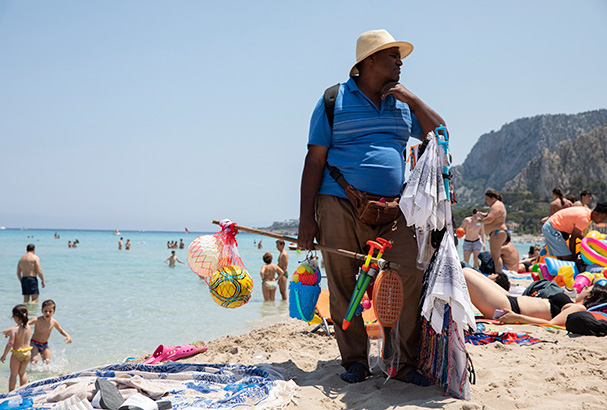
"Those of us who do this have no other choice"
In Mondello, the beautiful beach of this old fishing village near Palermo, works Rahman, a 47-year-old Bangladeshi who sells bracelets made in China. "People usually come to the beach because they can't stand the city's heat and want to relax. We work all day under the hot sun and abrasive sand, 10-11 hours a day if not more, walking among the people non-stop. We also want to bathe in the water, but when thinking about where to leave the products, which can be spoiled, and where to change our clothes, we don't do it. If that's the case, we wet our feet to cope with the heat," he says.
Jamal sells temporary tattoos on the beach in the quiet oasis of Isola delle Femine. "The hardest part is walking on hot sand; sometimes your feet burn, and the physical impacts are many; the heat is unbearable, you sweat all over your body, sometimes you get a headache or dizziness, and at that moment, I sit down for a while and start again. I have pain in my body at night," he describes.
Sometimes, the biggest challenge is to avoid the harassment of the police and their forceful approach. According to police sources, the merchandise offered by beach vendors is supplied by an organised network of criminals who operate vans that park in the surrounding area. "If you want to walk through Mondello one morning, around 1:30 p.m., you will find white vans. Have you ever been to Mondello? Have you ever seen street vendors? And have you seen them with the things they sell? Have you seen them with air mattresses and so on? Have you ever wondered how things get there? They don't come by bus, like all the vendors who take the bus to get here," says an agent. The police source confirms the abuse suffered by these people, primarily Tunisian, Nigerian and Bangladeshi immigrants, who must buy the products they will later sell themselves: "Even street vendors are exploited."
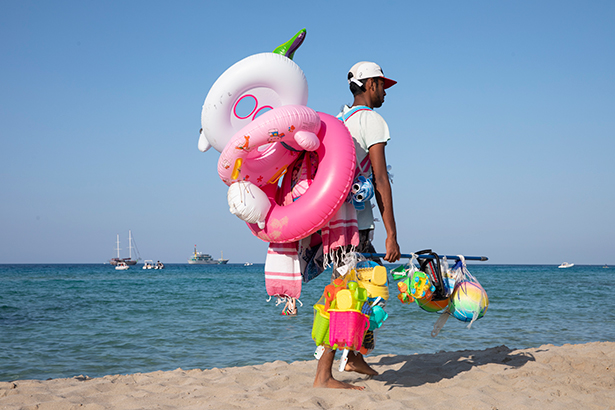
"The hardest thing is the heat and walking on the hot sand for hours"
Since Italy passed a law in 2018, selling on the street or the beach is illegal, and vendors can be fined between €2,500 and €15,500 or arrested. According to a decree approved by then-Interior Minister Matteo Salvini, tourists can also be fined up to € 7,000 for buying from street vendors.
"The police watch all the beaches, but especially that of Mondello, because more tourists frequent it and it is close to Palermo," says Abbas, who complains that the police "cause them problems" while "the thieves leave them in peace". He sells bandanas, necklaces, piercings, scarves and “everything that can be used on the beach." Years ago, he recalls, "there were hardly any raids, but now they are frequent, especially in Mondello." "The police do not want there to be vendors, they want us to work [in another regulated activity], but there is no work, if we had it, we would not do this."
However, itinerant vendors tell us that customers are polite and treat them well. "Normally, when they don't want to buy, they kindly reject us; some even offer us water. Our fatigue is lightened thanks to their smiles," says Rahman, whose favourite beach is Balestrate, a seaside resort 20 minutes from Palermo.
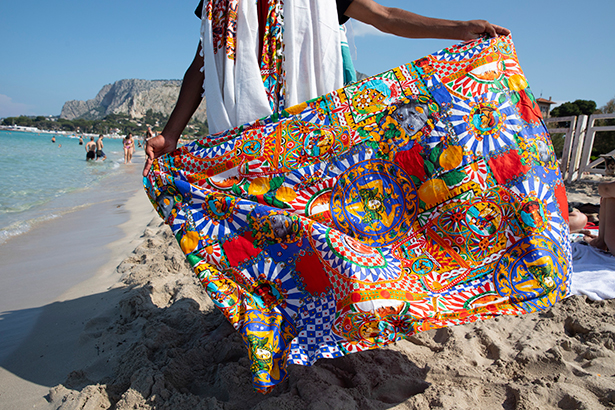
"This is not a real job"
Abbas is 38 years old and left his native Bangladesh to come to Italy at the end of 2015, looking for a better life. "I thought that when I arrived in Italy, everything would change, but instead, I realised how difficult life is here," he confesses. Abbas has diabetes; he takes medication but finds it impossible to control his diet. Most of the time, he has to make do with a bit of rice. He makes a living selling imported goods from China in Palermo and its beaches and occasionally works as a dishwasher in a restaurant for €30 a night, two or three days a week. "The beach activity requires hard work; it is very tiring due to the heat, the sun and the sand. In addition, you have to insist a lot to sell, and I am not very good at that…” he adds. His earnings on good days can be between €40 and €50. But he must send his family in Sylhet about 20,000 Bangladeshi Taka (about €170) monthly.
Jamal is 32 years old and arrived first in the United Kingdom at 21 to study Economics at Aston College in Birmingham. After two years, he had to drop out because he couldn't pay the £6,000 (€7,000 ) tuition fees, and his student visa expired. In a truck, hidden among bags of cement with another twenty migrants, he went to France and Italy. He ended up in Palermo, where he offers tattoos on the beach and sells flowers. His wife, whom he married in 2020, lives in Bangladesh. "I would like to bring her to Palermo," he dreams. The Sicilian city is home to one of the largest Bangladeshi communities in Italy, with 15,000 and 20,000 immigrants of this nationality.
"This is not a real job," reflects Rahman. "Vendors of other nationalities come here to Mondello, not only from Bangladesh: Moroccans, Tunisians, Nigerians, Senegalese, Pakistanis... And they come perhaps because they don't have another job," he says. "I, of course, have no other choice. Those of us who do this are forced to do it. Those who can find a job for €35 or €40 a day leave it. Today, this job is on the brink of extinction."
Names have been changed to protect identities.
This investigation was conducted between Italy and Bangladesh with support from Journalismfund Europe's Modern Slavery Unveiled Grant and the Fred Foundation.


